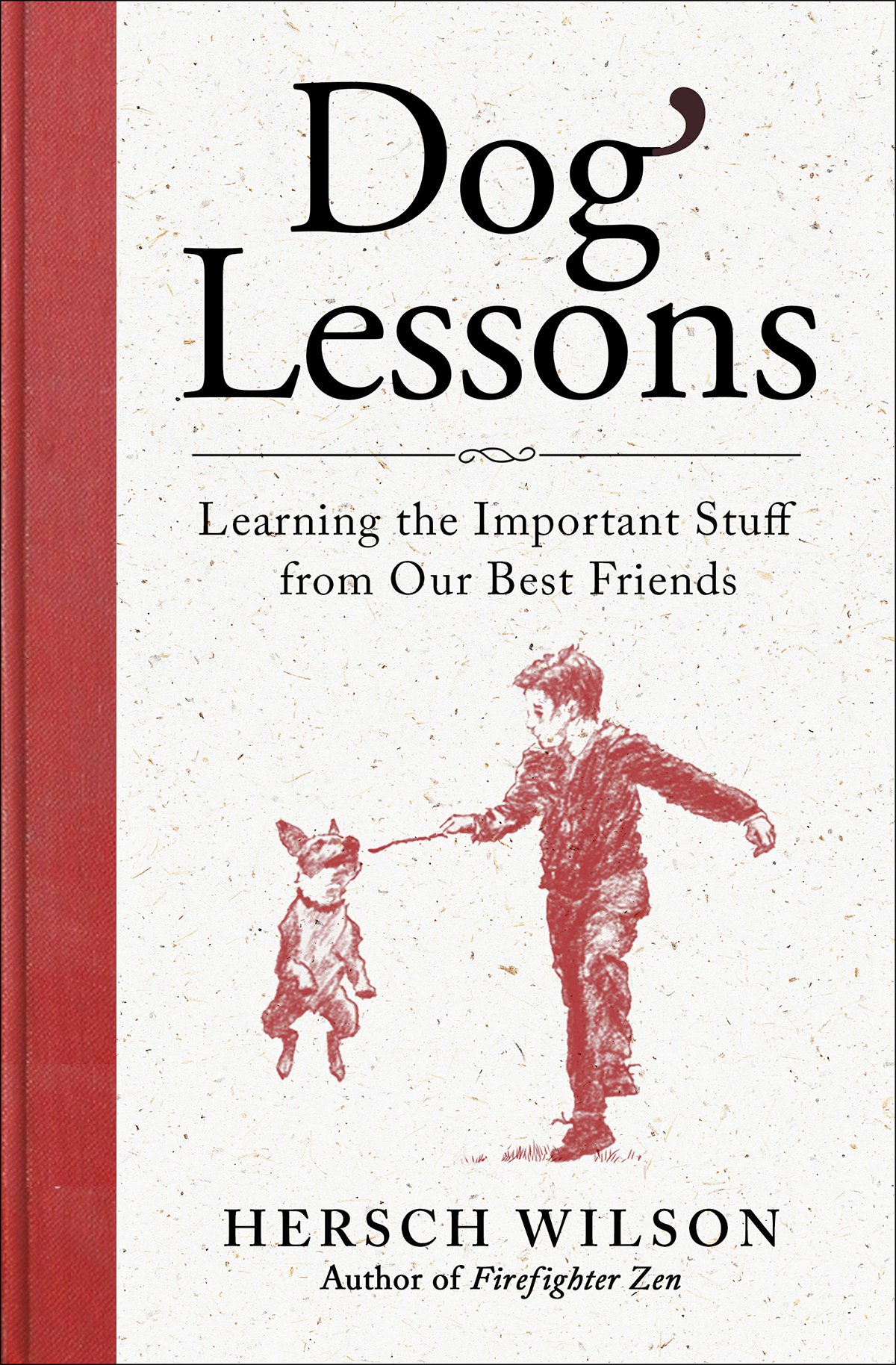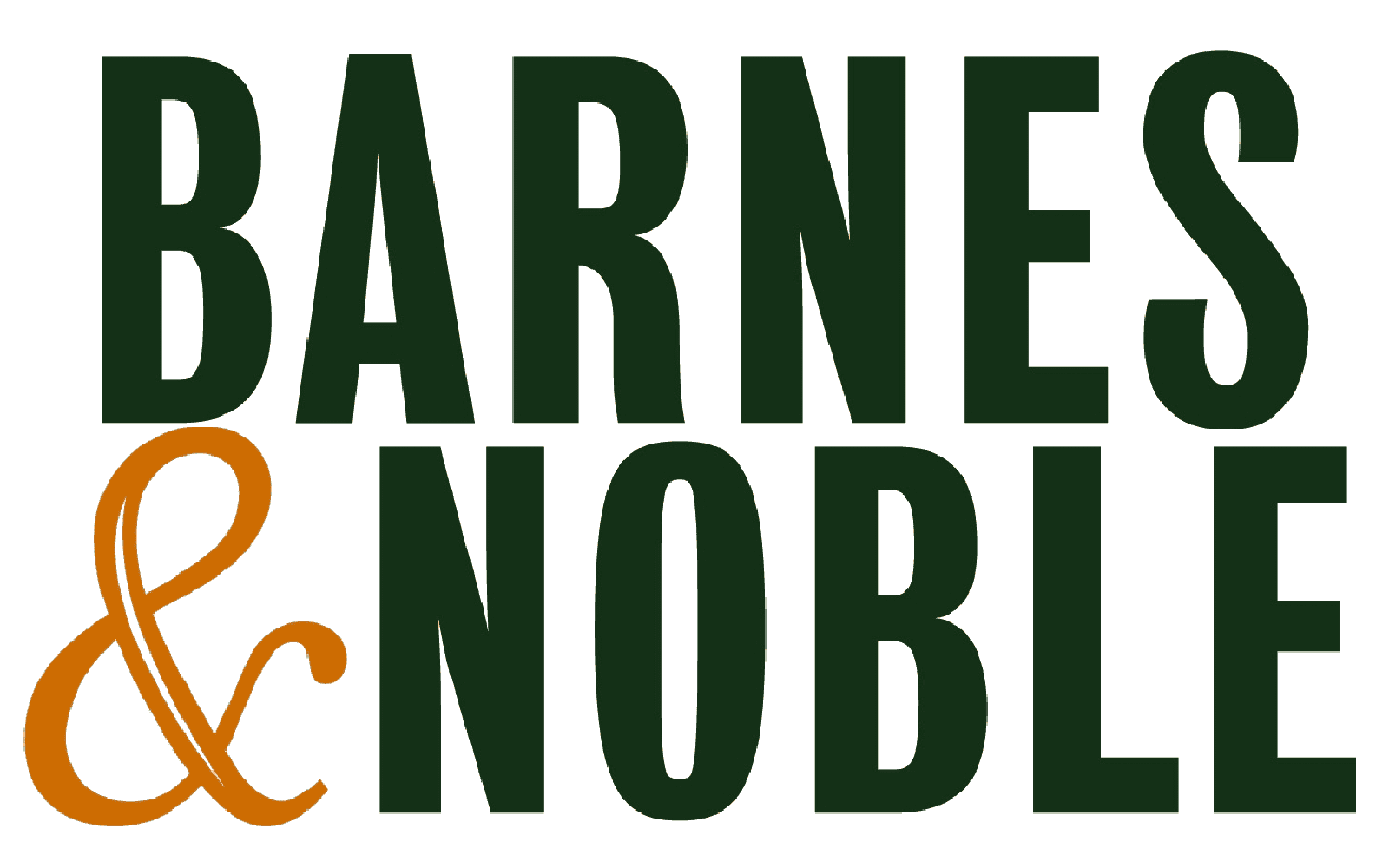“When in doubt, get up and walk your dog!”
Hersch Wilson, author of Firefighter Zen, has spent the last decade reflecting on and writing about dogs. His latest, Dog Lessons, is a heartwarming and wise examination of our canine friends and the powerful impact they have on our lives. This mediation on the life-transforming relationship we have with our dogs imparts invaluable lessons in navigating love, loyalty, and grief.
When you can, please support your local bookstore.
They can order “Dog Lessons” for you if it’s not in stock. Or you can go to our wonderful book store in Santa Fe, Collected Works! They carry “Dog Lessons!!”
An Excerpt from Dog Lessons by Hersch Wilson
Nellie, our eight-year-old Bernese Mountain dog, was my “how to be old” teacher. No matter what happened to her, broken leg, torn ACL, weeks in a kennel at the vet’s to limit her movement, blind in one eye, she just kept living.
Going to and from the veterinarian’s clinic, she never growled or whined. She just accepted what was going on. When we had to leave her for days, she’d always wag her tail and try to jump up on me when we returned to get her.
Her spirit was stoic. She emanated grit, a determination that as long as she was with her people, she’d go on.
There are pleasures in being older. A deeper understanding of love. A better grasp of who is wise and who are fools. The importance of kindness. Of course, there is a better grasp of what is suffering versus what is inconvenience.
On the other hand, growing older has its downfalls. Standing in the grocery store, one you’ve shopped in for twenty years, wondering where the wine is, that’s a big one. Soreness, aches, physical failures, and injuries are a daily topic of conversation with all my older friends. Banal (Covid and bronchitis) and exotic (tardive dyskinesia) diseases are something you become familiar with — and you drive your doctor daughter nuts with unending questions.
I remember sitting in a doctor’s office. A man, older than I, was obviously perturbed. He was complaining to the poor receptionist, “What about the flatulence!” Laugh, but it’s an important question. You find yourself on WebMD a lot searching for answers to those kinds of questions.
As you age, people question when you will stop driving. That question brings a conversation to an abrupt standstill. Every “older” person responds sharply with, “What! I’ve been driving since I was sixteen!” And then they furiously try to calculate how many years that has been. By then, the eyebrows have been raised and decisions by other people have been made. Other people making decisions for you is the bane of being “old.”
All this goes on. Daily something new. Then when I looked at Nellie, curled by the fireplace, lying on a cool floor, blanket over her, and a daughter beside her. Perfect bliss.
What were Nellie’s big lessons as we got older? First, love and allow yourself to be loved (no matter how weirdly some humans express their love). Next, learn to deliriously love each living day, season, starry night, warm wind in winter, cool breeze in summer, dinner with friends, grandchild, conversation with strangers (you can do that when you’re old!), and eye roll of your children when you tell a terrible joke. Love each breath you take, and of course, the warm rough fur of a dog when you hug them.
Deliriously love those things.
Give up pretense. Nellie certainly did, walking around with one eye sewed shut. No one cares. You can wear cargo shorts and Birkenstocks if you wish and top it off with a T-shirt that reads “El Viejo” and a Minnesota Twins baseball hat.
Walk often. Nap daily. Do work you love until the day you die. (In the Bhagavad Gita, it’s written, “If I did not work, these worlds would perish.”) Nellie never stopped barking to warn us about coyotes or delivery drivers.
Next, and I do not know if Nellie could do this, accept that you will die. Accept it, get over it, it’s okay to be afraid, it’s okay to wish for no pain. Most importantly (think 72-point type here), let the people you love know you love them. Family and friends. The word love is not diminished by its use. Use it a lot.
Finally, if you can, choose to pass’ like Nellie did, outside under a starry sky. I think that is why she chose to sleep outside that final night. To that I say yes. Give me that.
The poet Dalia Shevin has her own vision, which she describes in the poem “In My Good Death”:
I will find myself waist deep in high summer grass. The humming shock of the golden light. And I will hear them before I see them and know right away who is bounding across the field to meet me. All my good dogs will come then, their wet noses bumping against my palms, their hot panting, their rough faithful tongues. Their eyes young and shiny again. The wiry scruff of their fur, the unspeakable softness of their bellies, their velvet ears against my cheeks. I will bend to them, my face covered with their kisses, my hands full of them. In the grass I will let them knock me down.
Hersch Wilson is the author of “Dog Lessons: Learning the Important Stuff from Our Best Friends.” In addition to being an author, Wilson has also worked as a dancer, a pilot, a soccer coach, and a leadership consultant. In 2022 he retired after thirty-three years as a volunteer assistant chief with the Santa Fe County Fire Department. His book Firefighter Zen: A Field Guide to Thriving in Tough Times was published in 2020 and won numerous awards. Visit him at www.herschwilson.com.
Excerpted from the book Dog Lessons: Learning the Important Stuff from Our Best Friends ©2023 by Hersch Wilson. Printed with permission from New World Library — www.newworldlibrary.com





